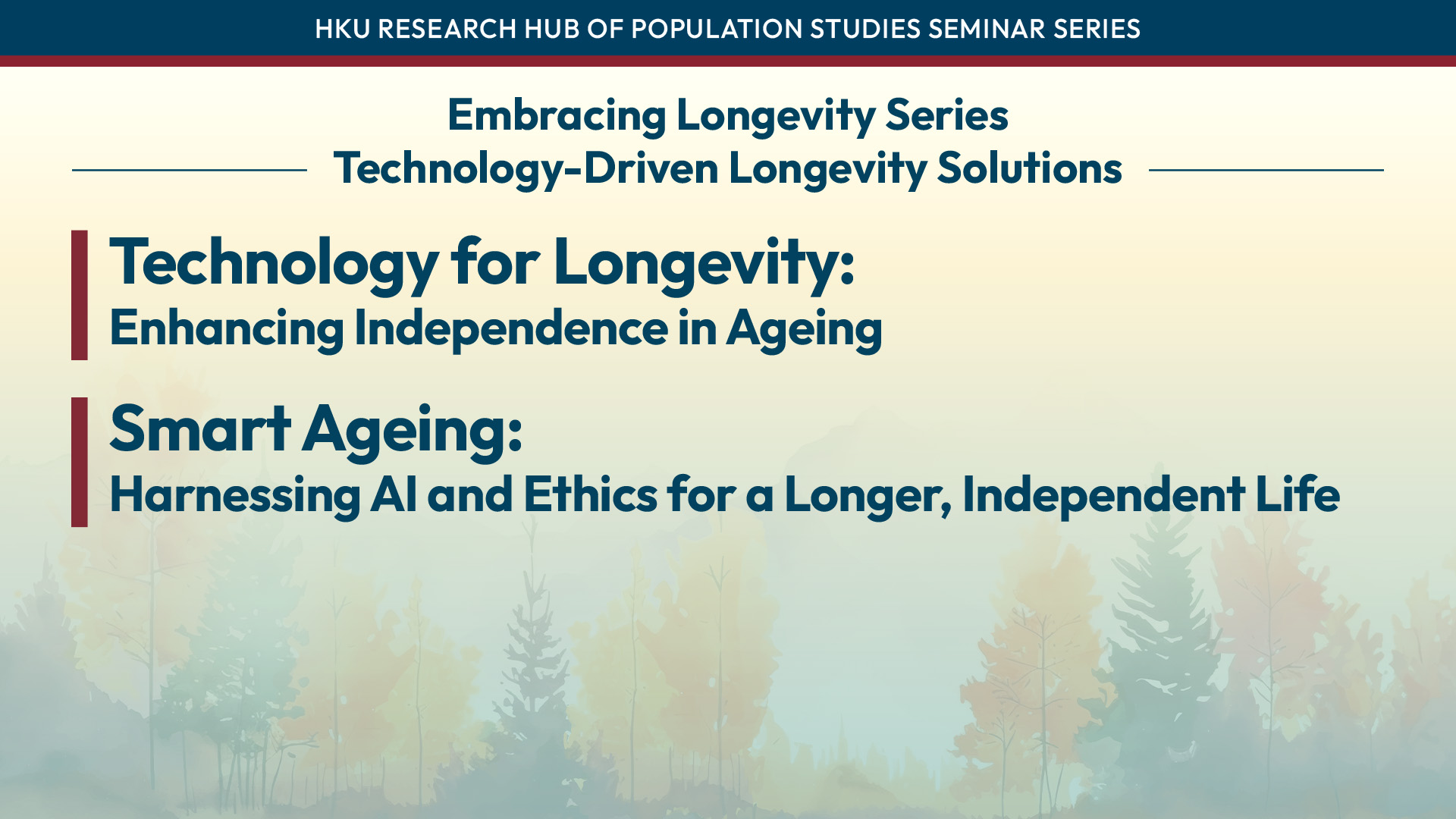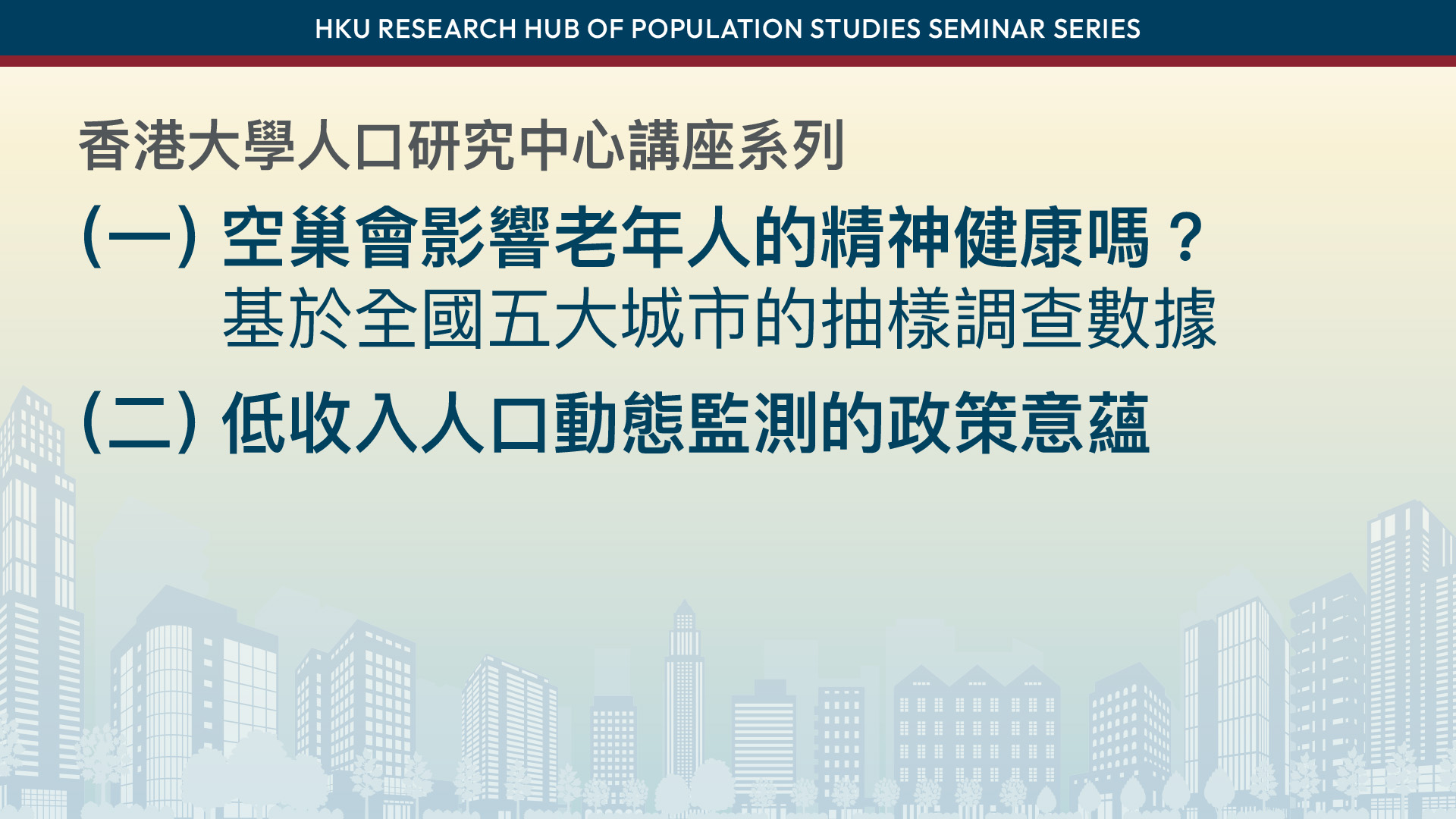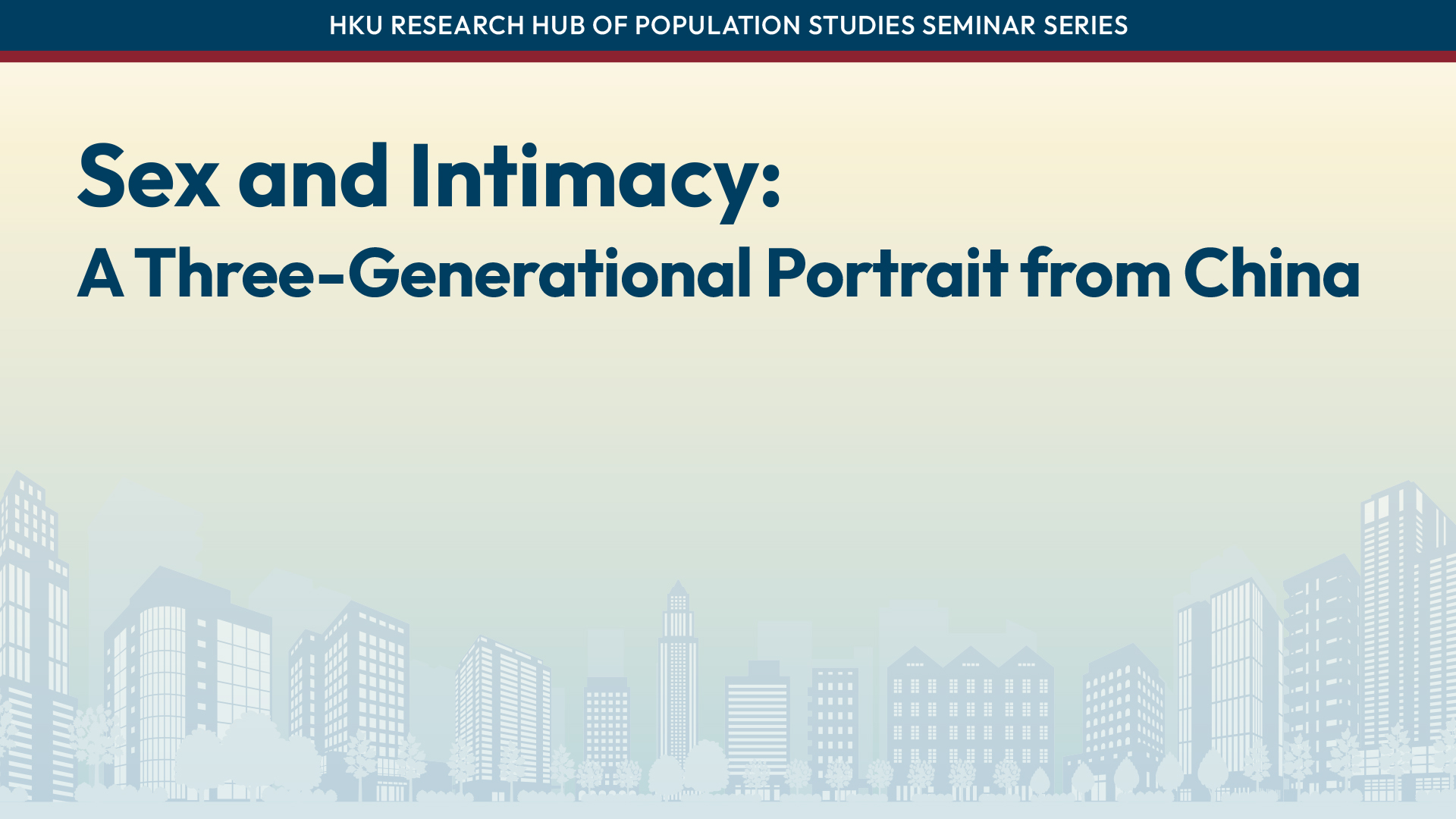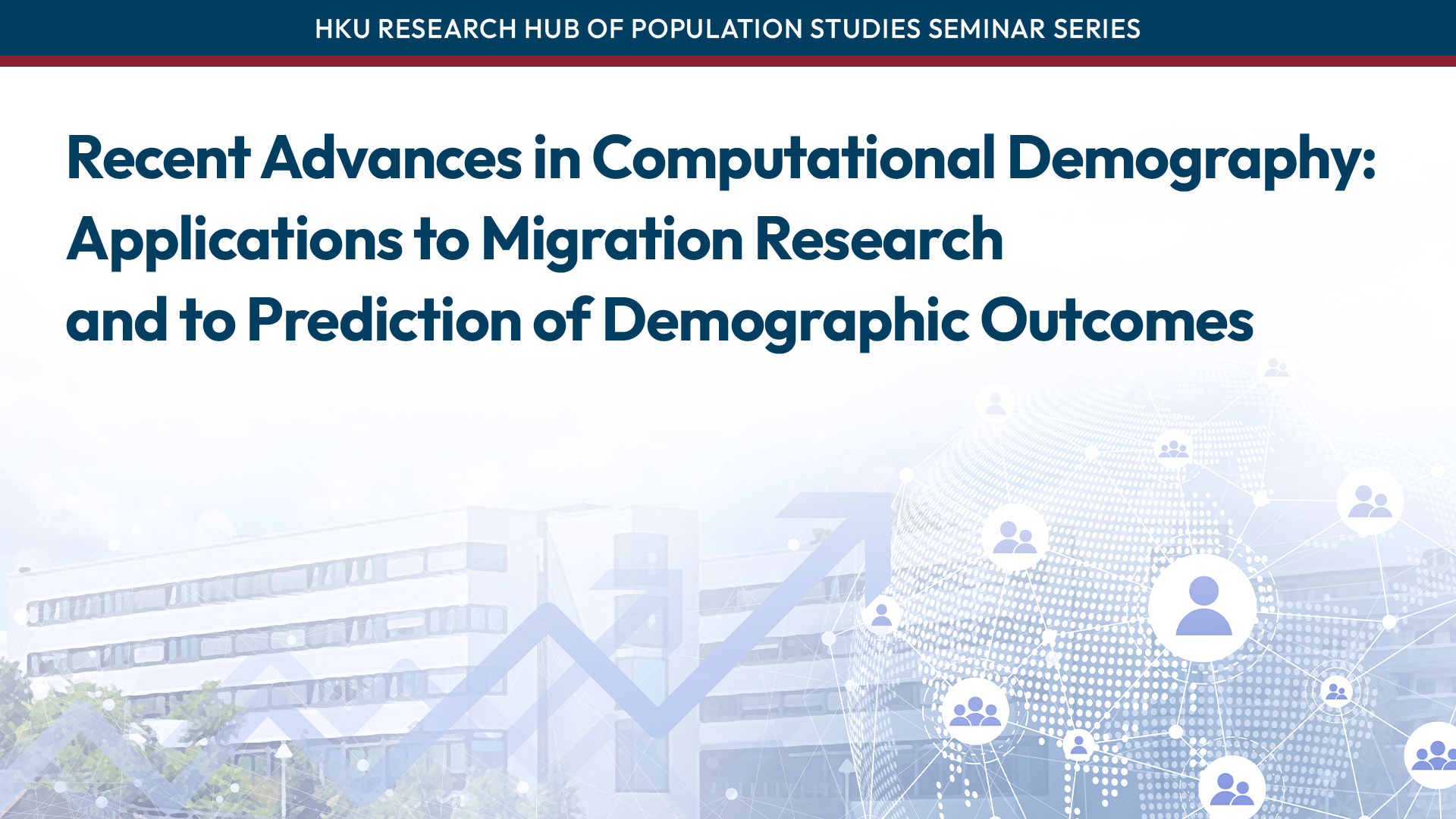June 4, 2024
4:00 - 5:30pm
In the United States, earnings premium for men and penalty for women after childbearing are well documented, especially among marriages in which the husband has college education. Recent decades, however, witnessed women surpassing men in college attainment, resulting in more hypogamous marriages in which the wife has and the husband has no college degree. Does hypogamous marriage lead to different earnings trajectories for men and women? Using data from the National Longitudinal Study of Youth 1979, it examines trends in husbands’ and wives’ earnings for the first ten years after first marriage. The results from the fixed effects models show that presence and number of children strengthens husbands’ premium and wives’ penalty in marriages in which at least the husband has college education, but leads to much smaller premiums and penalties for men and women in hypogamous marriage. Hypogamous couples exhibit earnings disadvantage compared to marriages in which at least the husband has college education.



















